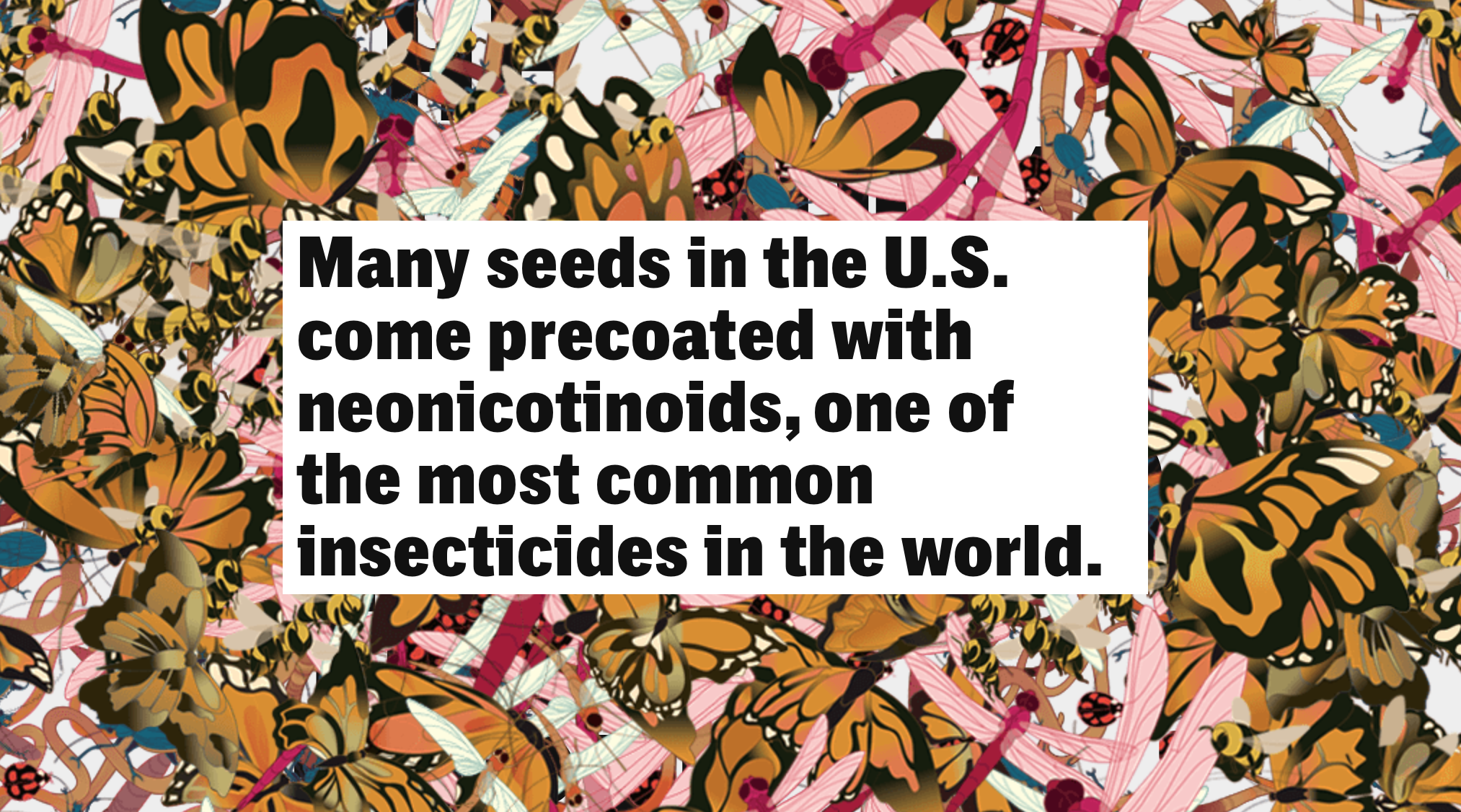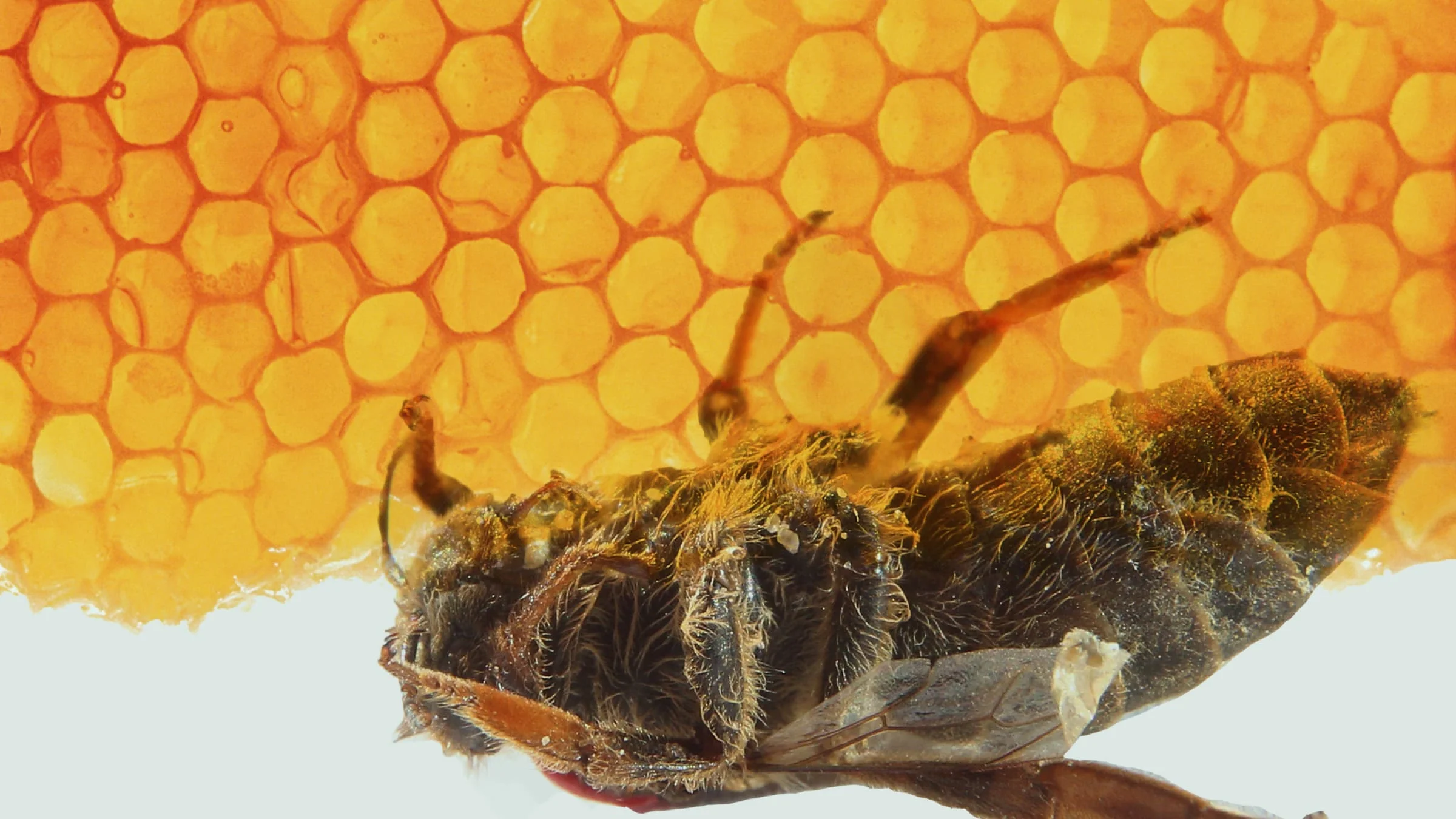Many seeds in the U.S. come precoated with neonicotinoids, one of the most common insecticides in the world. The chemicals are at the heart of what many are calling the “insect apocalypse.” They make the landscape toxic to bees, butterflies, birds, and potentially even large mammals.Good Job, Humans: Bees Are Making Nests Entirely Out of Plastic
It’s Not Just Bees That Are Disappearing, It’s People...
Popular Pesticides Keep Bumblebees From Laying Eggs
Controversial pesticide stops bumblebee queens from laying eggs and could spell the end for the species, research finds
A controversial pesticide can potentially wipe out common bumblebee populations by preventing the formation of new colonies, research has shown. The neonicotinoid chemical thiamethoxam dramatically reduces egg-laying by queen bumblebees, say scientists. Predictions based on a mathematical model suggest this could result in the total collapse of local populations of the wild bees.
10 Things You Can Do to Help Save the Bees
There are better ways of dealing with pests – especially biological controls. Modern pesticides are extremely powerful and many are long-lasting and very toxic to bees and other insects. Removing all unnecessary pesticides from the environment is probably the single most important thing we can do to save the bees.
Bee Study Author Fights Back Against Bayer and Syngenta Accusations
The lead author of a major study which found that neonicotinoid pesticides harm honey bees has hit back against criticism from the chemical companies that part-funded the work.
Maryland Becomes The First State To Ban Bee-Killing Pesticide
Honeybees are among the most fruitful and amazing creatures. Though their brains are fairly small, they engage in a complicated geometric “waggle dance” to communicate the location of food sources to members of their hive. As pollinators, they play an indispensable role in sustaining crop production and the food chain.
When Stores Make Their Plants Bee-Friendly, It Makes a Difference
Conservationists have been warning about the negative impact pesticides are having on bees for years and have urged people to help them and other pollinators out by not using them in their gardens. Unfortunately, in our effort to help, we’ve actually been unwittingly contributing to the problem by buying flowering plants and trees that are pre-treated with them.










